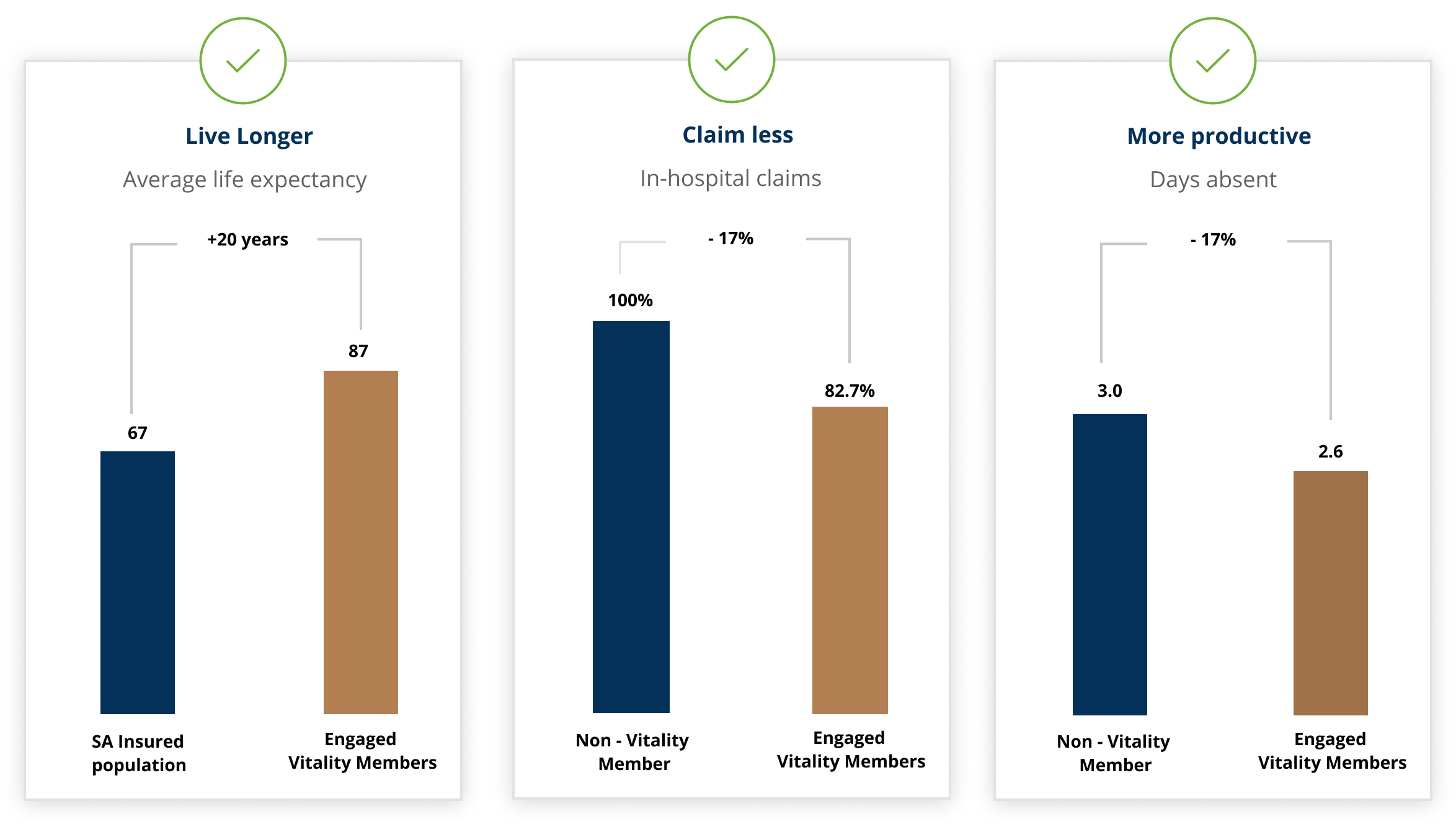

In other words, economic incentives can be used to reduce economic inefficiencies. In economics, incentives are important because they can encourage positive outcomes. Why are Incentives Important in Economics? Rather the effectiveness depends on the individual. This doesn’t conclude that negative incentives are best. In other words, people would say they prefer positive stimuli, but responded more favourably to negative stimuli. Some are more responsive to negative stimuli, whilst others are more responsive to positive stimuli.įor example, one study showed that younger people were more sensitive to negative stimuli, whilst order people were more sensitive to positive stimuli.įurthermore, the study found people tended to overestimate their sensitivity to positive stimuli. The reality of the situation is the impact of that negative and positive incentive on people in different ways. Some studies suggest that positive incentives are most effective, whilst others suggest that negative ones are. The research on incentives is very mixed. So the donkey reacts in fear of the stick and walks in order to avoid the negative consequences. The stick is used in order to get the donkey to start walking. Looking at the example of the donkey, carrot, and the stick, the negative incentive is the stick.

So there is the negative incentive of being fired to incentivize the employee to perform. For example, if an employee doesn’t perform, they will get fired. In other words, people are incentivized by negative consequences and the fear associated with them. Negative Economic IncentivesĪ negative economic incentive is where the individual or business suffers a loss or punishment, in order to encourage a certain behavior or action. It’s essential to consider each case separately to determine the best approach. What motivates one person may not work for another. Overall, the effectiveness of positive incentives depends on the individual and the situation. For example, if employees receive the same bonus every year, they can become accustomed to it, and if it’s reduced or eliminated, it can actually decrease motivation. To maintain the incentive, the positive reward must be continued, which can become expensive if it’s a financial reward.Īdditionally, positive incentives can lose their effectiveness as people get used to them. Similarly, giving bonuses to employees may encourage them to work harder and more efficiently, but taking away the bonus can have the opposite effect. For instance, providing subsidies to farms for corn production may motivate them initially, but when the subsidies are removed, their motivation decreases. Positive incentives can work well in motivating people, but they can also be costly and lose their effectiveness over time. There is no gain, but loss and punishment. By contrast, the stick is a punishment, and therefore a negative incentive.

It is incentivized to move forward in order to gain the reward of the carrot. The positive incentive for the donkey is the carrot. If we look at the classic metaphor of the donkey, the carrot, and the stick. This creates a motivation for a person or a group of people, to do something they would otherwise be unwilling to do. In other words, they are rewarded for acting in a particular way.

Positive and Negative Economic Incentives Positive Economic IncentivesĪ positive economic incentive is where an individual or business receives something in return for their action.
In the market actions known as incentives affect free#
He is now offered $40 to work an extra hour, which is not considered worth more to him than one hour of his free time. Bloggs’ changes when his firm offers two times his hourly rate. In other words, to work an additional hour, he is no longer incentivized by the same rate of pay. Bloggs’ preference for his free time and entertainment surpass his preference for additional income. The overtime rate is set at the same rate as his normal hourly standard which is $20 an hour. Bloggs works 40 hours a week in an office-based role. Sometimes these are financial, and sometimes they are non-financial.įor example, Mr. We can look at economic incentives as a way by which the consumer’s or businesses’ preferences, wants, or desires are fulfilled or manipulated. Economic incentives are used to change behaviour by providing rewards or consequences to the actions of individuals.There are both financial and non-financial incentives that can affect decision making.An economic incentive is what encourages individuals to pursue one course of action over another.


 0 kommentar(er)
0 kommentar(er)
